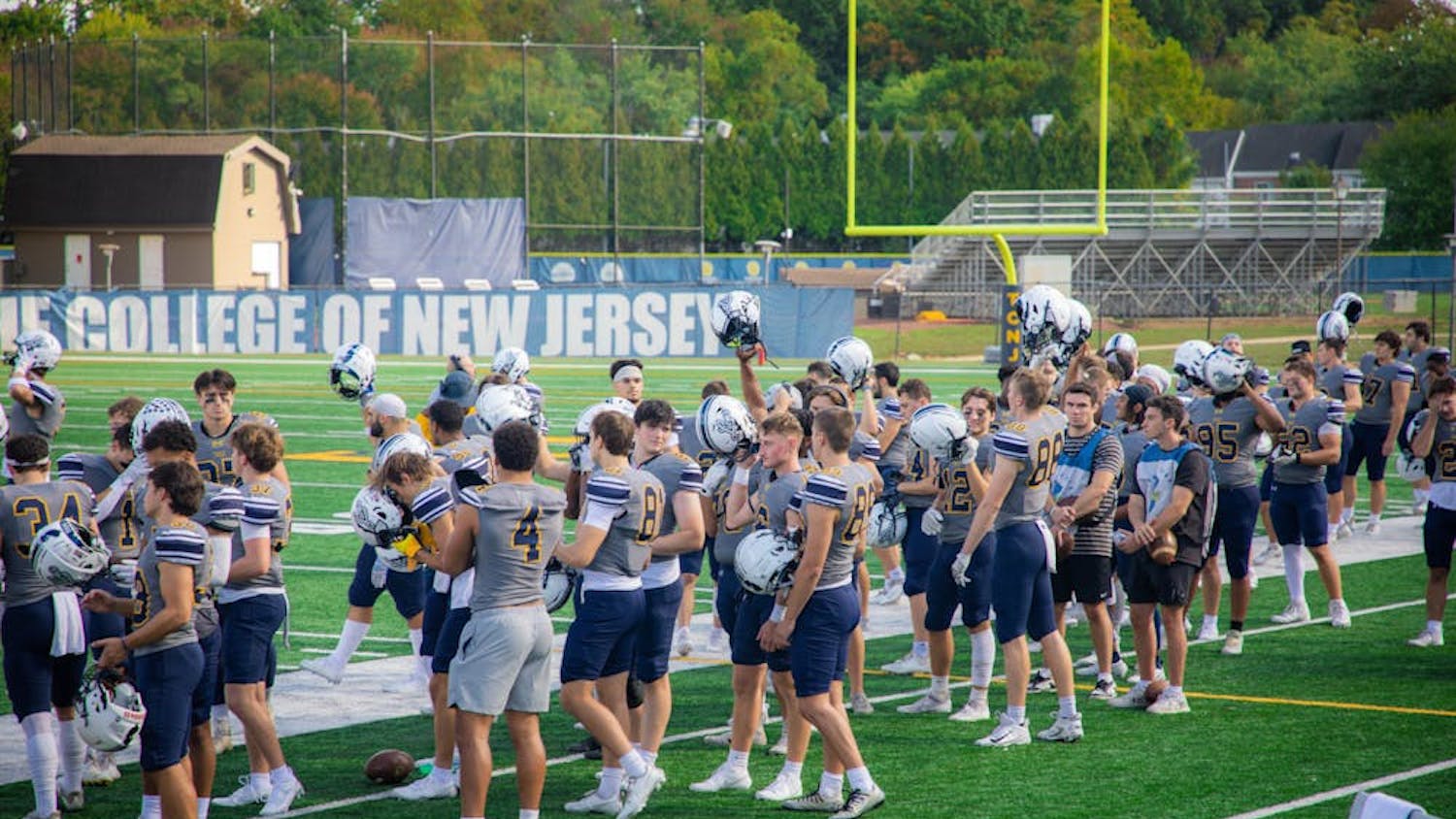Imagine you're an athlete. Scouts are hunting you down, you are so amazing and you have so much raw talent, this imaginary university will even pay you money to play. Not cash in the pocket, but scholarship money.
Personally, that sounds to me like a pretty sweet deal. I was a swimmer for 12 years, and after slaving in that damn pool year in and year out, it sure would have been nice to get some money for it. Sadly, I do not even have the talent to swim for a Division III school.
When I came to the College as a freshman, I was excited with the prospect of being a walk-on for the College's swim team. I felt that I might have at least some talent to contribute to the team.
When I paid a visit to Brian Bishop, the swim team's head coach, I was confident that I would be starting practice within the week. However, after I heard the comparable times of a fellow Lions swimmer, I realized the team was not for me. I sucked.
The travel, the training, the effort - all that and there isn't even a guarantee that you can play. I had to ask myself why anyone would do it.
Why play for a Division III team? Why put all the time, the training, the blood, the sweat, the tears into a program that offers no scholarship money and few personal benefits? Even at a school with stellar athletic teams like the College, there is very little fame and attention provided for most of the Division III teams on this campus.
I decided to interview some of the College's athletes to get a better perspective.
Karen Murphy, a junior catcher for the softball team, was a walk-on as a freshman. "We all play because we love the game," Murphy said. "Some people could go to Division I and some couldn't, but we play more for the game than for the money. It's not about who's on scholarship and who's not."
Murphy understands the frustration that many athletes feel as freshman in a college level program. "As a college athlete, it was a big adjustment freshman year," Murphy said.
Senior Brendan Gallagher has been a swimmer at the College for all four years of his college career. "I think with Division I sports and scholarships, it's more of a job and with Division III, it's more for the love of the sport, because there is no money involved," Gallagher said.
"I liked the atmosphere of kids wanting to be here rather then being paid to play," Gallagher added. "In the realm of swimming, I'm ranked in the country and in Division I. I wouldn't have been there."
Adrienne Warner, junior center, has been a part of the women's basketball program for three years. "I was looking to play basketball in college, but I was also looking for a good education and our team has a good program, so I knew I would be going into a winning program," Warner said.
"I didn't want my college experience to be all about basketball," Warner added. "I wanted it so that I could get involved in other things, that's why I chose a Division III college."
"I have never once regretted my decision to play Division III basketball," Liz Martin, junior forward/center, said. "I heard several people playing Division I are doing it only for the money, but you know that if you are playing Division III it's not for the money it's because they love it."
Junior Tiffany Rhea was involved in the College's softball program from fall 2000 to spring 2001.
"Some of my friends play Division I and when I told them what I went through, they thought it was crazy," Rhea said. "In some regards, this school's athletic program is harder to go through then some Division I programs."
"This school's softball team is very competitive and the sport itself had an excellent tradition," she added.
After talking to various athletes, I realized that money isn't the bottom line when it comes to sports. What it comes down to is the love of the game, the love of competition and the love of being stalked by some crazy journalism majors for last minute quotes. I guess playing DIII does have its advantages.






